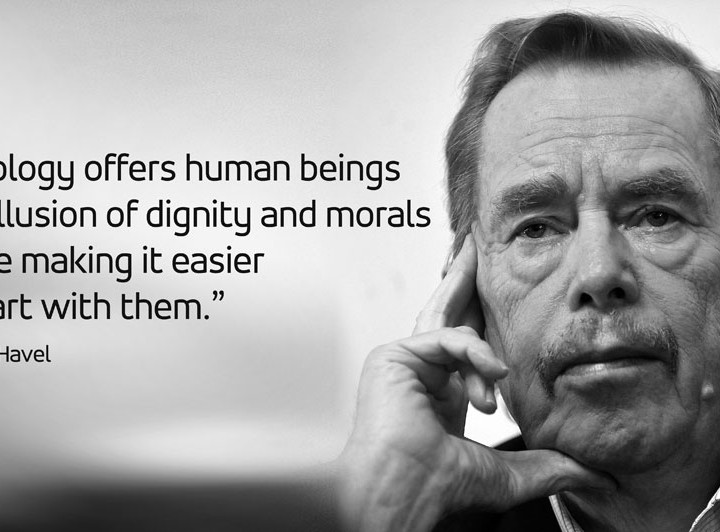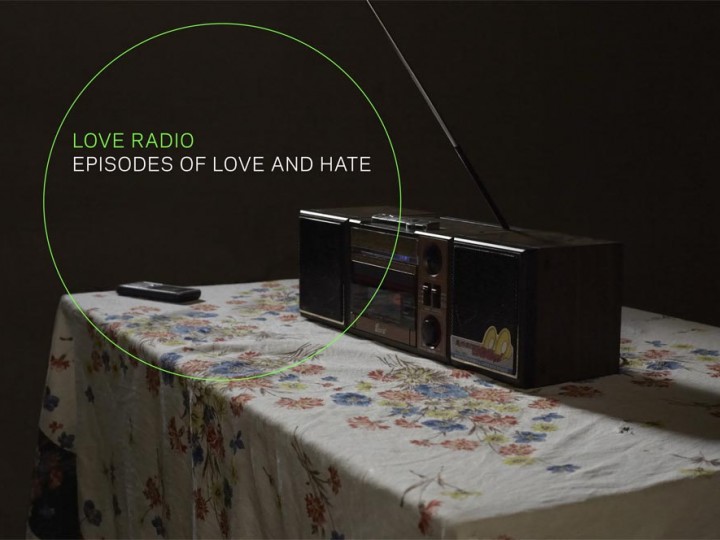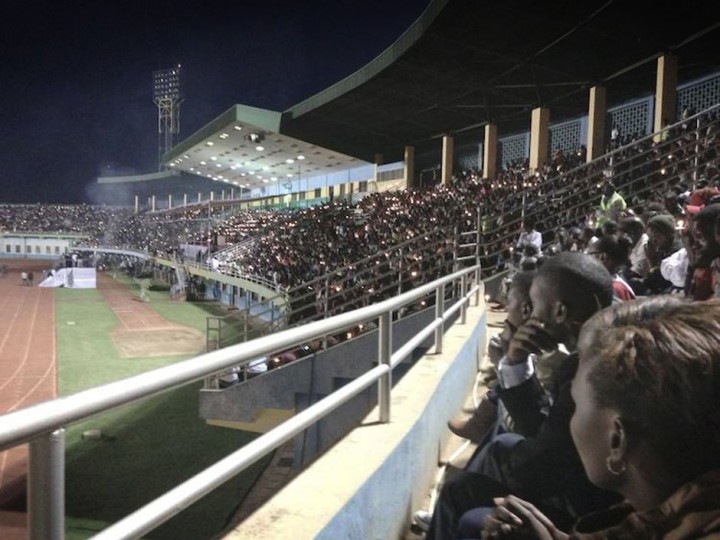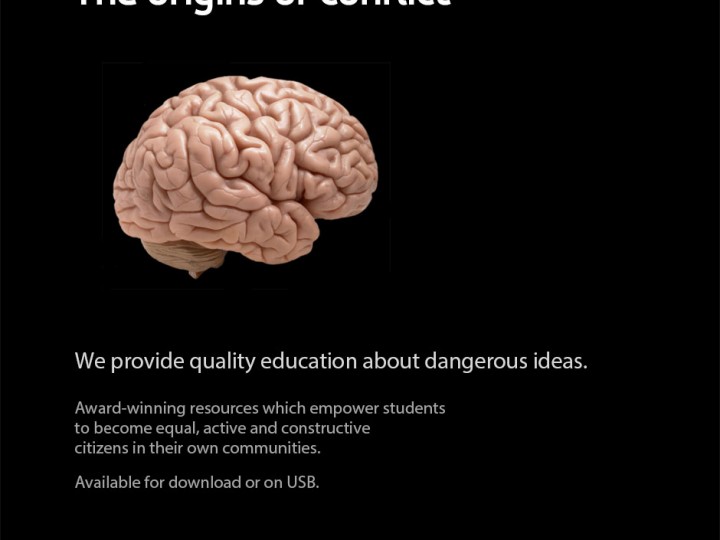Phil Clark is Lecturer in Comparative and International Politics at the University of London.
He is a political scientist specialising in conflict and post-conflict issues in Africa. His work also explores the theory and practice of transitional justice, with particular emphasis on community-based approaches to accountability and reconciliation and the law and politics of the International Criminal Court. Previously he was a co-founder and convenor of Oxford Transitional Justice Research.
We caught up with Phil on a warm Saturday afternoon in Kigali. There was a football match on, so there was plenty of barracking in the background. We asked him about the state of reconciliation post-gacaca and nineteen years after the genocide.
………………………………..
TRANSCRIPT
“People have had a lot of time to talk about reconciliation in the communities. They’ve gone to gacaca hearings, they’ve gone to government meetings, they’ve heard these words on the radio on a daily basis, but now is the time where people face the reality of living together.
“It’s about people making day to day decisions about how they’re going to relate to people with whom they might have a very violent past”
It’s the time where those words become very tangible, because it’s about people making day to day decisions about how they’re going to relate to people with whom they might have a very violent past. This isn’t about rhetoric, it’s not about abstract ideas, it’s about the reality of people’s lives. I think one of the challenges at the local level is that this is now very much about action – it’s not about what people say.
THE MESSY REALITY OF LIFE
And that’s the problem with some of the surveys that have been done into issues of reconciliation and forgiveness… it’s very difficult to capture what’s going on at the community level using surveys. You’re asking people to tick boxes and say yes or no, and reconciliation and forgiveness aren’t about answers of yes or no, it’s about the messy reality of how you live your life day to day and how you interact with people in the schools, in the marketplace, who sits next to whom in churches. How do people talk about the past? How do they farm? Do they share gardening implements and food?
These are the kinds of things that ultimately add up to what reconciliation means in a real way. I don’t think we know yet how effectively that’s happening nationwide, and largely that’s because gacaca has only recently finished. Gacaca was key, to my mind, in terms of laying the foundation for reconciliation. It was a space where people could find out about the past, where they could find out who killed who and where the bodies were buried. The truth is out there now about how the genocide happened. People know a lot more about the past than they ever have because of gacaca, and now people have to come to terms with that.
“I think the post-gacaca period is even more important than the years when people were going to gacaca trials, because now people go back to their farms and have to make these tough decisions about how they’re going to live.”
TAKING OUR EYE OFF THE BALL
The big question is how is that going to affect relationships between people? What’s their daily life going to look like? The concern I have is that, now that gacaca is over, a lot of attention towards these issues of forgiveness and reconciliation might go by the wayside. There might be a sense that the job’s done now. The truth’s out in the open, we’ve delivered justice, reconciliation is almost guaranteed. I think it’s more complicated than that. In many ways I think the post-gacaca period is even more important than the years when people were going to gacaca trials, because now people go back to their farms and have to make these tough decisions about how they’re going to live, and the government has taken their eye off this, a lot of NGO attention has disappeared, communities are left to their own devices and I think the situation is quite unpredictable in many communities.
THE IMPACT OF GACACA IN COMMUNITIES
I think in the worst case scenario – and I’ve seen some communities where this is a reality – gacaca was in fact very divisive, and the truth that came out was extremely hurtful because it related to crimes that had been committed by people in communities. There’s an enormous amount of anger and there’s an enormous amount of hurt, and that’s completely understandable because of the magnitude of the crimes that were committed.
So in some places gacaca opened those wounds, but didn’t do much to heal them. There wasn’t a process of productively coming to terms with the information that came out of gacaca. In some places I think gacaca actually increased divisions between ethnic groups and particularly between groups of perpetrators and groups of survivors. I think it’s only happening in a minority of places, but I think those dangers are there in some places.
But there are other places where there’s a much more positive dynamic at play where the truth came out, where the different parties of gacaca were able to mediate disputes. They were able to genuinely talk about why the genocide had happened, where perpetrators apologised, where they asked for forgiveness, where they provided material compensation to victims and survivors, and in those places I think there’s real hope for the future. There’s a real sense that better relationships, more productive communities are positive.
AN UNCERTAIN FUTURE
I think nationwide, the big question is are we going to see more of these positive communities than negative ones? That’s a big question for everyone within the next five to ten years, and I think that we’re in a very uncertain period at the moment. To my mind, it really could go either way. I’d like to hope that the more positive dimension is the most likely outcome, but to my mind it’s impossible to say that yet.





